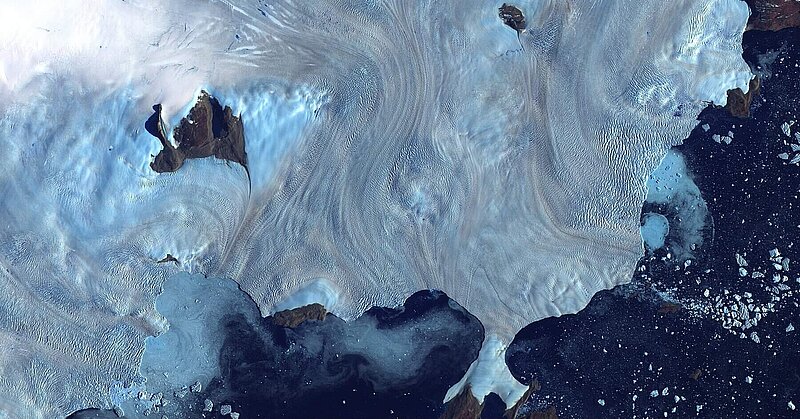
References 22 papers by Centre for Sustainability experts; PhD researcher is contributing author.
The latest report of the United Nations Intergovernmental Panel on Climate Change (IPCC), released on 4 April 2022, includes contributions and citations of research by nine Hertie School faculty members, adjuncts, postdocs and PhD researchers. In total, the publication, which evaluates options for mitigating climate change, cites 22 peer-reviewed papers published by researchers affiliated with the Centre for Sustainability.
The report is one of the IPCC’s key publications on climate change, prepared for publication around every six years by its three working groups of leading climate experts. The reports focus on the causes of climate change, its potential impacts and possible responses. Over the last year, all three groups published findings.
Hertie School PhD researcher Kilian Raiser was invited as a contributing author to the chapter on International Cooperation. Cited in the report were papers by Christian Flachsland, Professor of Sustainability and Director of the Centre for Sustainability; Lion Hirth, Assistant Professor of Governance of Digitalisation and Energy Policy; Lynn Kaack, Assistant Professor of Computer Science and Public Policy; PhD researchers Tarun Khanna, Kilian Raiser and Oliver Ruhnau; postdoctoral researchers Sebastian Levi and Duncan Edmondson; and adjunct faculty member Nils aus dem Moore.
“The IPCC provides the epistemic foundation for climate policymaking across the world,” says Christian Flachsland. “We are glad that our work could help contribute to their important mission, and we are particularly proud of the contributions of our PhD students. Informing decision-makers and societies about climate policy options based on rigorous and policy-relevant academic research is at the core of our Centre’s mission.”
Among the Hertie School research cited were topics on energy; investment and finance; demand, services and social aspects of mitigation; national and sub-national institutions; and international climate policy.
The IPCC, with 195 member states, assesses science related to climate change. It was established by the United Nations Environment Programme (UNEP) and the World Meteorological Organization (WMO) and endorsed by the UN General Assembly in 1988 to provide political leaders with periodic scientific assessments on climate change based on the state of the art of scientific literature.
Find the IPCC report here.
Read some of our experts’ papers:
- Kilian Raiser’s PhD paper (with Prof. Christian Flachsland) analyzing the UNFCCC Paris Agreement
- A paper by PhD student Tarun Khanna published in Nature Climate Change (with Prof. Lion Hirth) on the role of behavioural change in reducting energy consumption and CO2 emissions.
- A paper by PhD student Oliver Ruhnau (with Prof. Lion Hirth) on variable energy sources and heat pump deployment.
- Prof. Lynn Kaack’s papers on Decarbonizing intraregional freight systems with a focus on modal shift and on Aligning artificial intelligence with climate change mitigation.
- Prof. Lion Hirths papers on market value of renewables and market integration costs of variable renewable energy sources.
- Prof. Christian Flachsland’s papers on climate governance and institutions.
The Hertie School is not responsible for any content linked or referred to from these pages. Views expressed by the author/interviewee may not necessarily reflect the views and values of the Hertie School.
